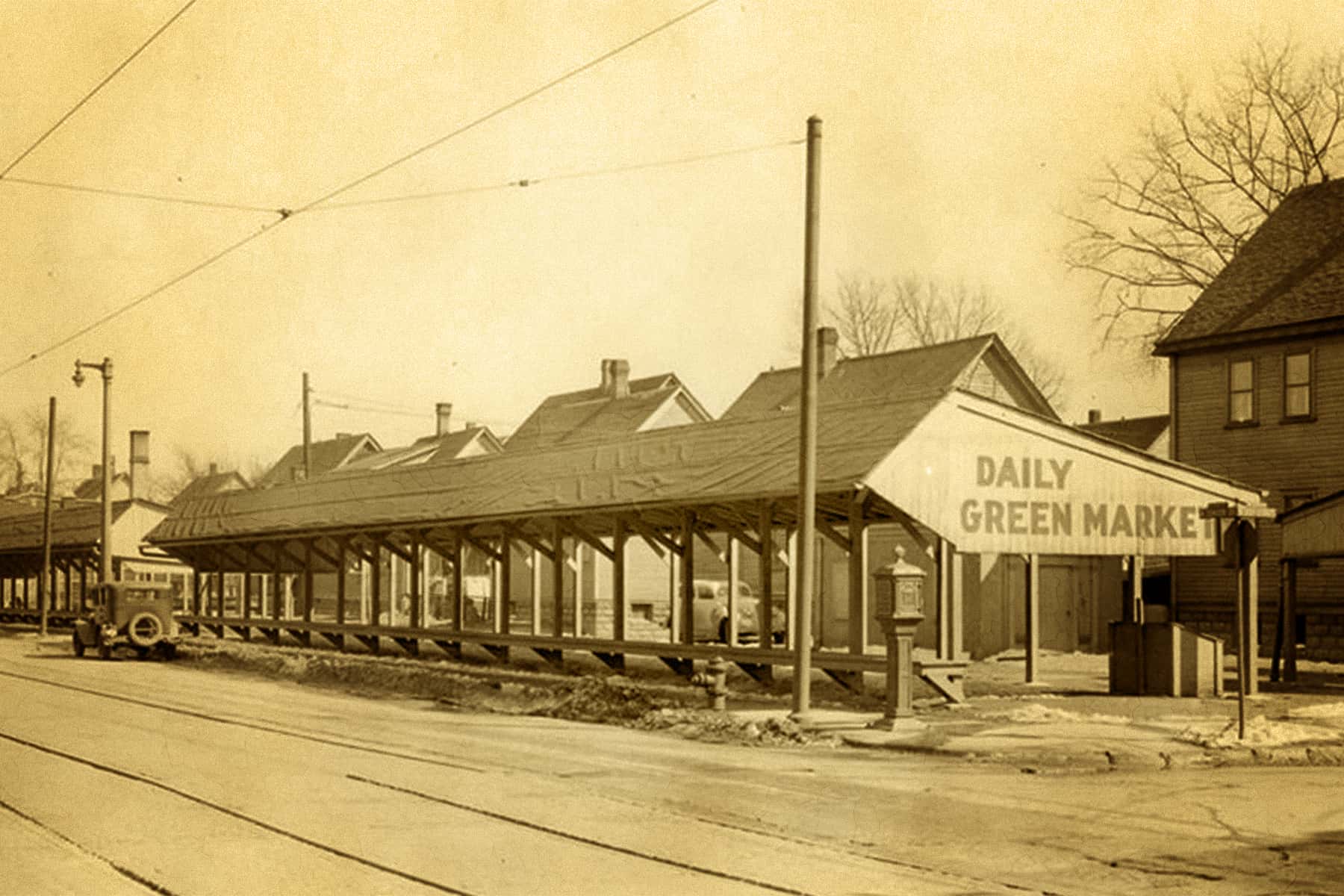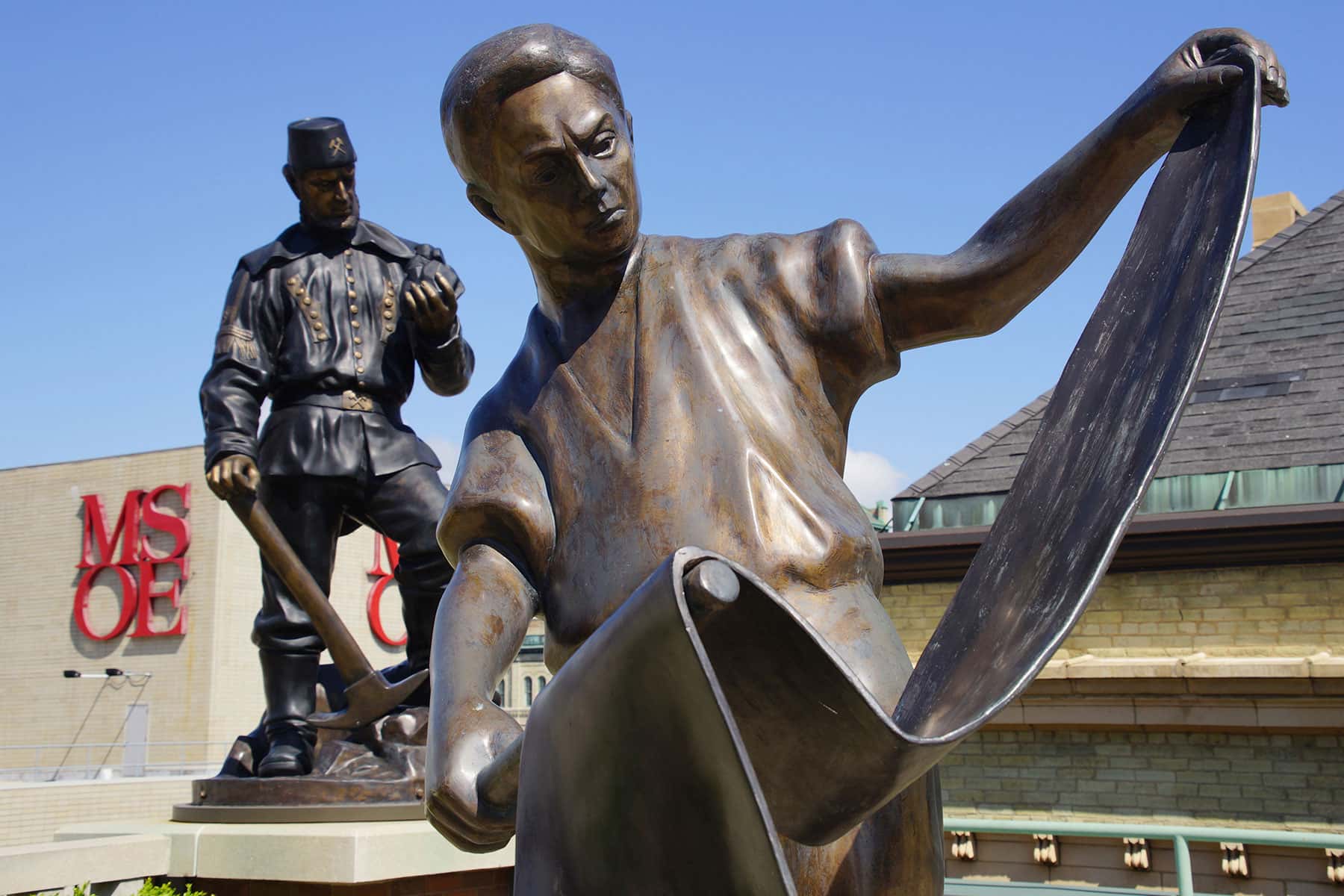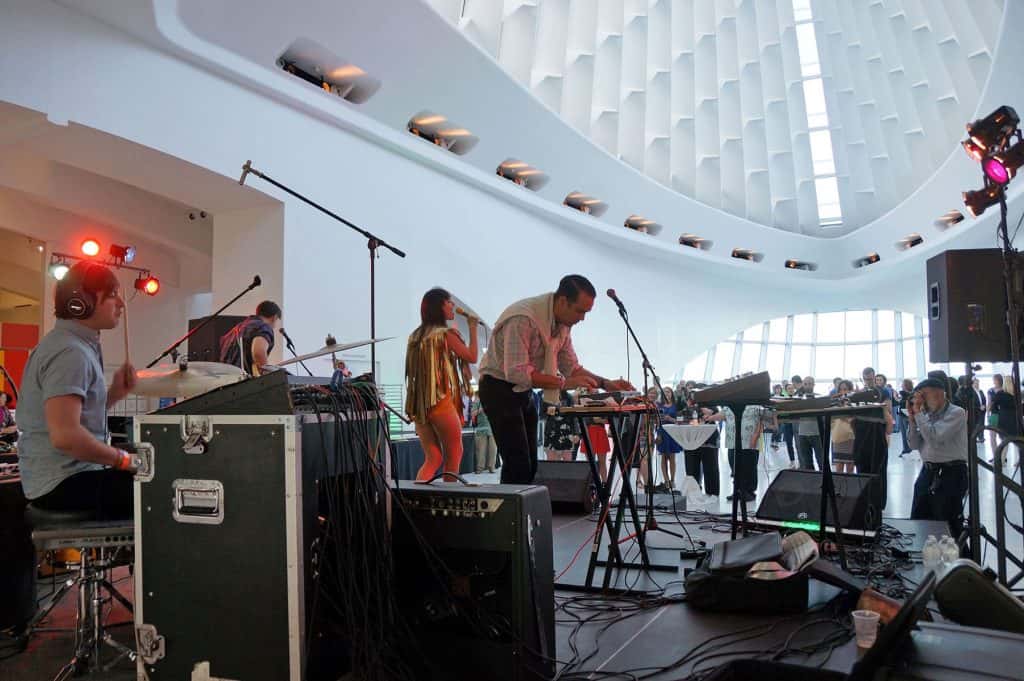
The history behind urban agricultural production in Milwaukee is the focus of a new exhibit at MSOE’s Grohmann Museum, “Growing Place: A Visual Study of Urban Farming,” which will be on public display until April 28.
Cities across the world are currently turning to urban farming as a means to feed their inhabitants, reshape their built environments, and address the complicated legacies of capital mobility, disinvestment, and abandonment.
Within the United States, the city of Milwaukee has emerged as a global leader in this urban farming movement, as pioneers such as Will Allen have highlighted how such overlooked resources as vacant lots and buildings can be transformed into sites of agricultural production. Such spatial transformations have profound implications for the redevelopment of not only Milwaukee, but of cities around the world.
“We found that urban farmers around the country were often trained by Will Allen, founder of Milwaukee-based urban farm Growing Power,” said Dr. Michael Carriere, an associate professor in MSOE’s Humanities,
Social Science and Communication Department. Carriere curated the exhibit with photographer Dr. David Schalliol, assistant professor of sociology at St. Olaf College.
Using Milwaukee as its anchor study, “Growing Place: A Visual Study of Urban Farming,” seeks to shed new light on the past, present, and future of growing food in cities. The legacy of Growing Power looms large, for over 25 years the non-profit organization influenced the efforts of urban farmers in such disparate cities as Detroit, New Orleans, and even Port-au-Prince, Haiti. Yet the farm’s 2017 closing has created the space for new actors to emerge and push urban farming in new and innovative directions.
The exhibit will feature Schalliol’s photography, as well as artifacts and documents from UW-Milwaukee Special Collections, the Milwaukee County Historical Society, and UW-Extension.
“People can expect to see items over 100 years old in conversation with photographs taken over the past year,” Carriere said. “We want people to understand that Milwaukee’s reputation as a hub for urban agriculture is actually built on a history that stretches all the way back to the 19th century.















